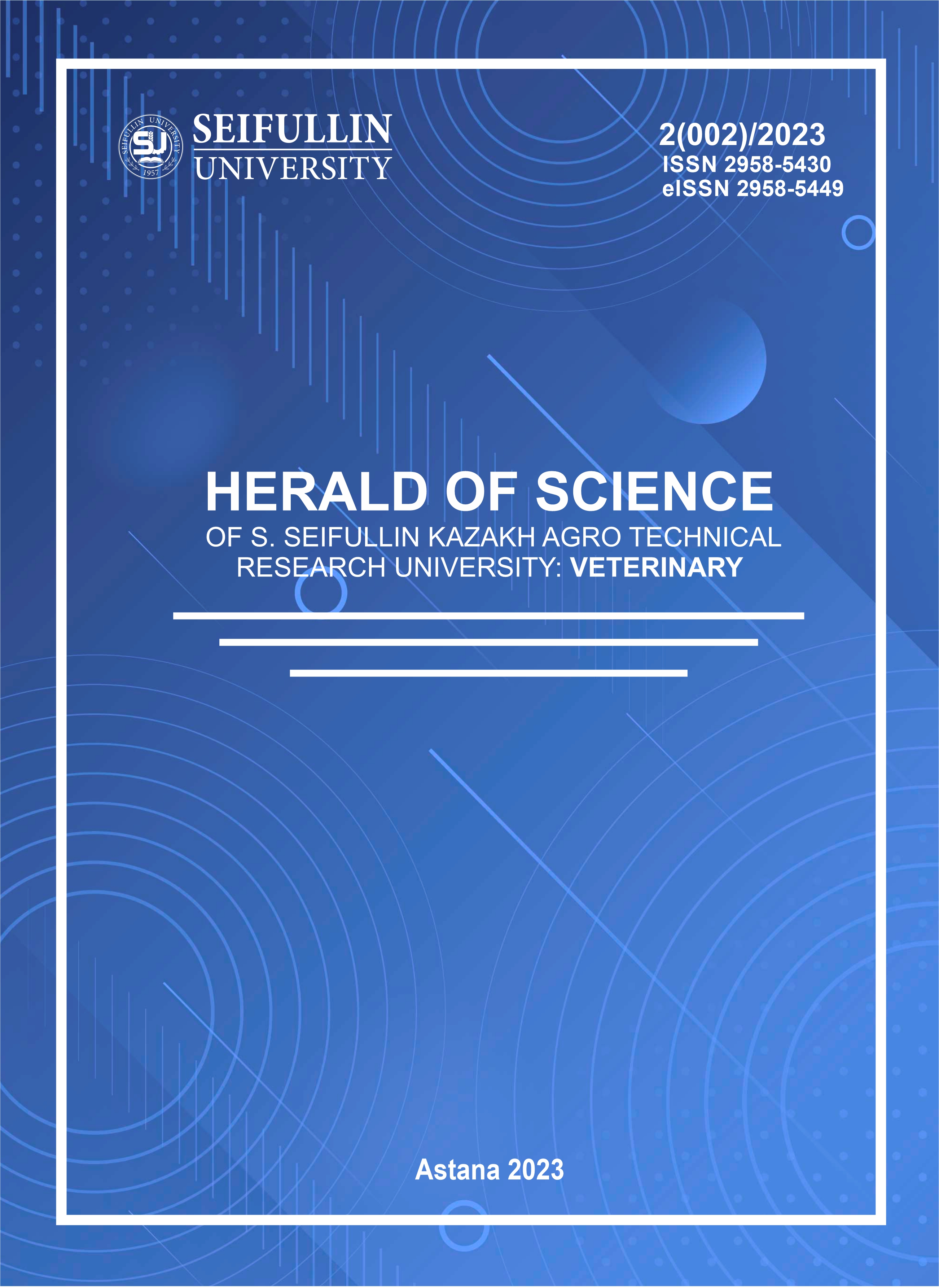THE EFFECT OF IMPROVAC ON TESTOSTERONE LEVEL AND LIVE WEIGHT OF BULLS
DOI:
https://doi.org/10.51452/kazatuvc.2023.2(002).1413Keywords:
bulls; castration; chemical castration; growth; immunocastration; testosterone.Abstract
There are many castration methods of bulls and it is believed that the best ones are those that lead to gonadopause or inhibit the function of the gonads, contribute to a significant increase in the quantity and quality of the products obtained. It is currently considered that immunocastration, compared with chemical and surgical castration, is painless and effectively inhibits testosterone production and spermatogenesis. In order to suppress sexual activity in bulls, it is recommended to accomplish immunocastration with Improvac at a dose of 2 ml subcutaneously, with an interval of at least 4 weeks. After 4 weeks of the first injection of Improvac testosterone level decreased to 7.86 ± 1.9 n.gml. With the second injection of the medication the testosterone level decreased to 1.8 ± 0.6 ng/ml in 80% of the animals. The immunocastration method in bulls with a live weight of 248.6±11.0 to 268±12.4 kg showed the increase in live weight of 34.9±12.9 kg in 60 days. Based on the data obtained the Improvac can be recommended for suppression of activity in bulls, while this method is less invasive compared to surgical methods of castration. There is a fairly high percentage of decrease of testosterone level. This accordingly affects meat productivity, which tends to increase.

